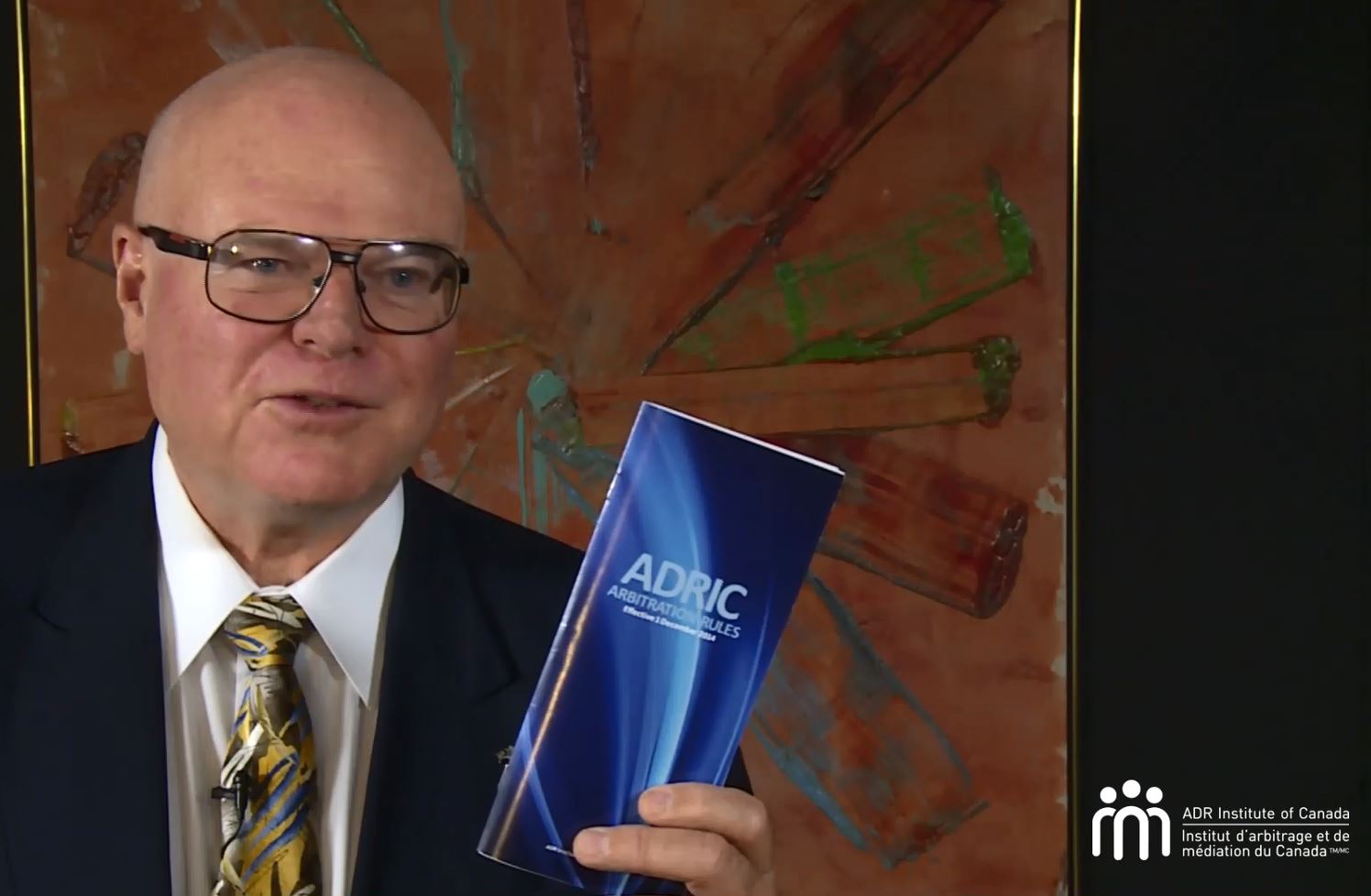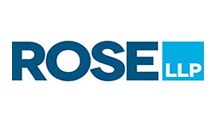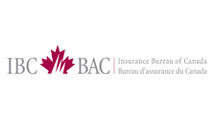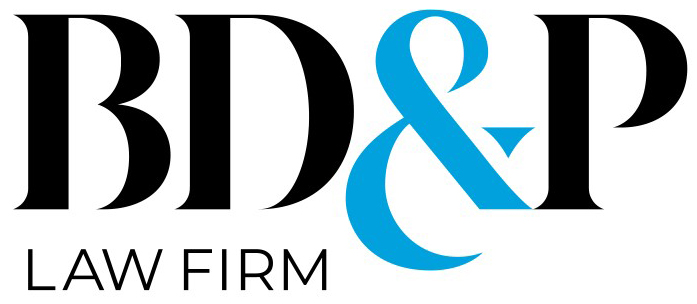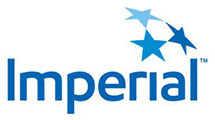How to Commence an Arbitration Under the ADRIC Arbitration Rules
Arbitration Under Agreement
If an arbitration clause or arbitration agreement requires or permits arbitration of a dispute, a party, as claimant, may submit that dispute to arbitration by:
(a) delivering a written Notice of Request to Arbitrate to each respondent at:
(i) the address specified by that respondent under the agreement; or
(ii) if no address was specified, the last known mailing address or place of business of that respondent;
(b) delivering a copy of the Notice of Request to Arbitrate to ADRIC; and
(c) if ADRIC is administering the arbitration, paying a Commencement Fee as set out in Schedule B of the Rules (see below).
A Notice of Request to Arbitrate must contain:
- the name, place of business (if any), and mailing address, telephone number, fax number, and email address of each party to the dispute if known;
- an address, fax number (if any), and email address (if any) for delivery of Documents to the claimant;
- a brief description of the matters in dispute or a Statement of Claim;
- a request to arbitrate the dispute;
- an estimate of the amount claimed or, if that is not available, of the value of what is in issue in the dispute. If the claimant cannot estimate this value, it must explain the reason;
- a statement of what remedy the claimant is seeking;
- a statement of whether the Tribunal is to be made up of one or more Arbitrators, if the parties have agreed;
- the name of any agreed Arbitrator;
- any agreed qualifications of the Arbitrator(s);
- the proposed language of the arbitration; and
- a statement of any variations or exclusions of the Rules to which the parties have agreed in writing.
A Notice of Request to Arbitrate must append:
- a copy of the arbitration clause or agreement between the parties; and
- a copy of the contract(s) (if any) related to the dispute.
ADRIC Notice of Request to Arbitrate Form
Arbitration By Submission
Parties to a dispute may submit the dispute to arbitration by:
(a) delivering a Notice of Submission to Arbitration to ADRIC; and
(b) if ADRIC is administering the arbitration, paying a Commencement Fee as set out in Schedule B.
Parties to the dispute must sign the Notice of Submission to Arbitration and the notice must contain the information listed in Rule 2.1.2 and append a copy of the contract(s) (if any) related to the dispute.
Fees for Arbitration Administration Services
In an arbitration administered by ADRIC, the fees for ADRIC’s administration services consist of:
(a) a Commencement Fee determined by reference to the amount of the claim and paid by the claimant on delivering the Notice of Request or Notice of Submission to Arbitration; and
(b) a Case Service Fee paid by each party that:
(i) delivers a Statement of Defence and Counterclaim, in which case the Case Service Fee is determined by reference to the total amount of the claim and counterclaim; or
(ii) delivers only a Statement of Defence, in which case the Case Service Fee is determined by reference to the amount of the claim.
ADRIC does not charge fees for hearings, postponements, and miscellaneous expenses.
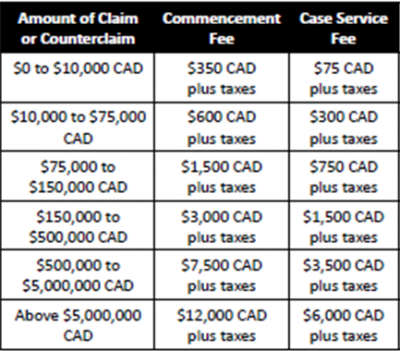
The Commencement Fee and the Case Service Fee are non-refundable once paid.
ADRIC recently followed up with users of its Arbitration Rules Administration Service to see how satisfied they were with all aspects of the process. An independent survey company spoke with arbitrators, claimants, respondents, and counsel both across Canada and overseas. Questions covered the notice of request, contact with arbitrators, document management, case accounting and overall impressions.
“…their rates are reasonable.” – Bill Preston, QC
The result? 100% of those who answered said ADRIC’s Administration Service provided good value and that they would recommend the service to their colleagues and associates.
The benefits of using ADRIC’s Administration Services are clear. Having ADRIC administer an arbitration formalizes the process. This means a faster start and earlier results. The Administration Service names a commencement date and also determines dates by which the parties must comply with procedural requirements. In doing so, the Service provides a framework and imposes discipline on parties. Especially in cases where communication has been strained or one party has been reluctant to engage, working with ADRIC can get the parties up and running.
“…they gave us a good Roster of Arbitrators to use. That is something that provides value and is helpful. I thought they did a really fine job.” – Kevin Barr, LLB
ADRIC introduced new Arbitration Rules in 2014. The Administration Service supports these rules and provides knowledge, expertise, and support in using them. ADRIC’s solid reputation means that parties can have confidence that their dispute will be managed in a professional, efficient and timely manner.
One of the major challenges facing parties in dispute is the selection of the Arbitrator. With so much at stake, each party wants an arbitrator who will be fair and knowledgeable about the subject matter of the conflict. ADRIC’s service addresses this challenge. It offers an efficient process for finding the right arbitrator or panel of arbitrators. Respondents reported that a list of arbitrators was provided in reasonable time, arbitrators were informed of appointments in reasonable time, and overall the selection process was effective and efficient. ADRIC’s reputation as a professional organization provides credibility for arbitrators if counsel are unfamiliar with them or located in another part of the country. This is important, because the smooth selection of an Arbitrator sets a positive tone for the arbitration itself. (As the saying goes, “Well begun is half done.”)
“I value their professional competency and experience in dealing with Arbitration.” – Richard Russell, C.Med, C.Arb
ADRIC’s Administration Service was found to be especially helpful if one of the parties was not represented by counsel. There is every indication that unrepresented litigants are becoming more common in Canadian courts, and everyone involved in civil disputes must be prepared. ADRIC can educate unrepresented parties about the arbitration process as well as provide expert support along the way. In fact, one respondent said that, if ADRIC were not involved, he would be reluctant to arbitrate a case involving an unrepresented party.
Experienced practitioners know that delays and surprises mean extra costs. Working with ADRIC helps prevent unpleasant surprises and delays. ADRIC keeps a lid on costs by offering a predictable process. A predictable process is preferable to an ad hoc approach because it reduces the risk for everyone involved. Using the service makes life easier for counsel and parties by providing a central point of contact. And it prevents arbitrators from having to collect fees and deposits, which might lead to the perception of a conflict of interest.
“Having a predictable process for the selection of Arbitrators makes the process go smoothly. Without ADRIC, you might end up in court over the selection of the Arbitrator. Also, having a smooth process early on sort of sets the tone for the rest of the Arbitration. It just avoids a lot of potential problems.” – David McCutcheon, LLB, C.Arb
From the Notice of Request, through contact with arbitrators, document management, case accounting and follow-up, respondents were highly satisfied with all aspects of the Service. Overall, ADRIC was found to be competent, professional, and friendly. The survey respondents praised ADRIC’s service and the staff as responsive to their concerns. Working with ADRIC was said to be efficient and cost-effective. Clients appreciated that ADRIC was able to provide guidance without interfering. Most importantly, since ADRIC’s services are neutral, all participants can feel confident that they will be treated fairly.
If you are interested in further information on how ADRIC’s Administration Services can help you, please contact:
ExecutiveDirector@adric.ca
416-487-4733
1-877-475-4353

